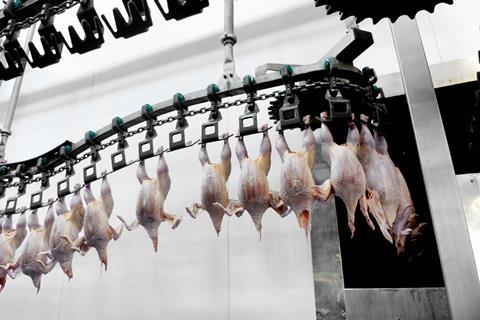
Environment secretary George Eustice and international trade secretary Liz Truss have written a joint letter to MPs to calm fears over an influx of lower-standard food imports from any trade deal with the US.
Eustice was portrayed as the winner of a Cabinet battle over food standards in a Telegraph story last Friday, which outlined plans to create a so-called “dual tariff” regime as part of free trade deal negotiations with the US.
The proposed regime would impose different levels of duty on imported foods – dependent on whether they complied with UK animal welfare and food manufacturing standards – the report suggested.
Such a move could also potentially open the door for imports of chlorinated chicken and other lower-standard US foods.
Read more: New chlorinated chicken proposals still pose threat to UK sector: BPC
However, UK producers would be protected as the tariffs would in essence make it uneconomical for US producers to export their lower-standard products to the UK, the report stressed.
Meanwhile, high-quality foods, such as organically reared free-range meat, would be subject to lower tariffs in order to encourage foreign producers to lift their animal welfare standards to British levels.
The story provoked a backlash from both consumers and industry bodies, with the British Poultry Council telling The Grocer it represented the “worst of both worlds” and could threaten access to the key EU market for poultrymeat.
But in response to the article, Eustice and Truss presented a united front in their letter, by insisting the government “will not compromise on our standards”.
The government remained “firmly committed to upholding our high environmental, food safety and animal welfare standards outside the EU”, the letter said. These standards included a ban on artificial growth hormones and set out that “no products, other than potable water, are approved to decontaminate poultry carcases”.
Chlorinated chicken explained: why do the Americans treat their poultry with chlorine?
Any change to food safety legislation would require new legislation to be brought before parliament, while decisions on standards would be made separately from any trade agreement, they insisted.
However, the assurances of Eustice and Truss were open to interpretation, suggested NFU Brexit and international trade director Nick von Westenholz, who said the focus of government standards was “on the product, and ensuring it poses no or little risk to (and in) the importing country”.
It had “little to say” about production methods in line with WTO rules, which were deemed to have no effect on the safety of the end product, he added.
“This means if we have a concern about the animal welfare or environmental impact of a certain production method, the ‘food safety’ assurances in this letter, which have been transferred into UK law, provide no safeguards,” von Westenholz said.
Parliamentary scrutiny could also be largely sidestepped if the government decided to change its position via secondary legislation, which was rarely subjected to a vote and “notoriously difficult to reject”, he added.
With many more unanswered questions over the issue, it would not be “put to bed by broad assurances and single sentences in manifestos”.
“This is why the government needs to get a grip on the issue,” he concluded. “It needs to bring experts and stakeholders together, under the auspices of a trade and standards commission, to set out the roadmap for managing the issues.”







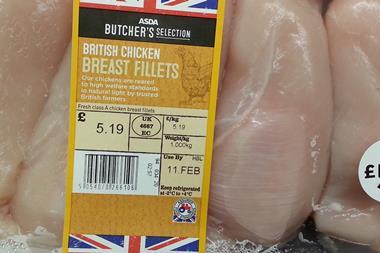
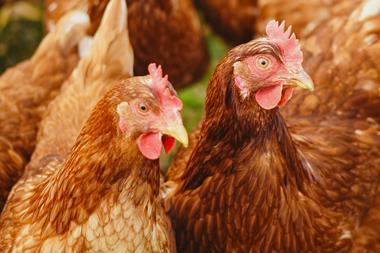
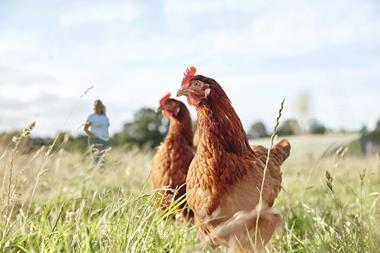
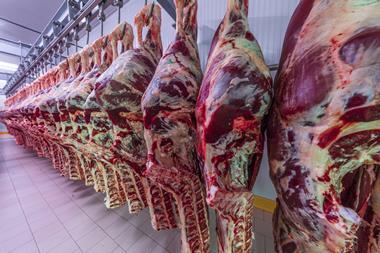
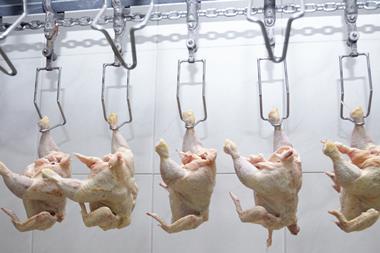
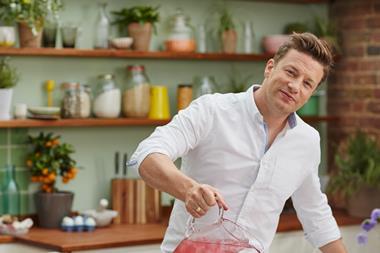






No comments yet